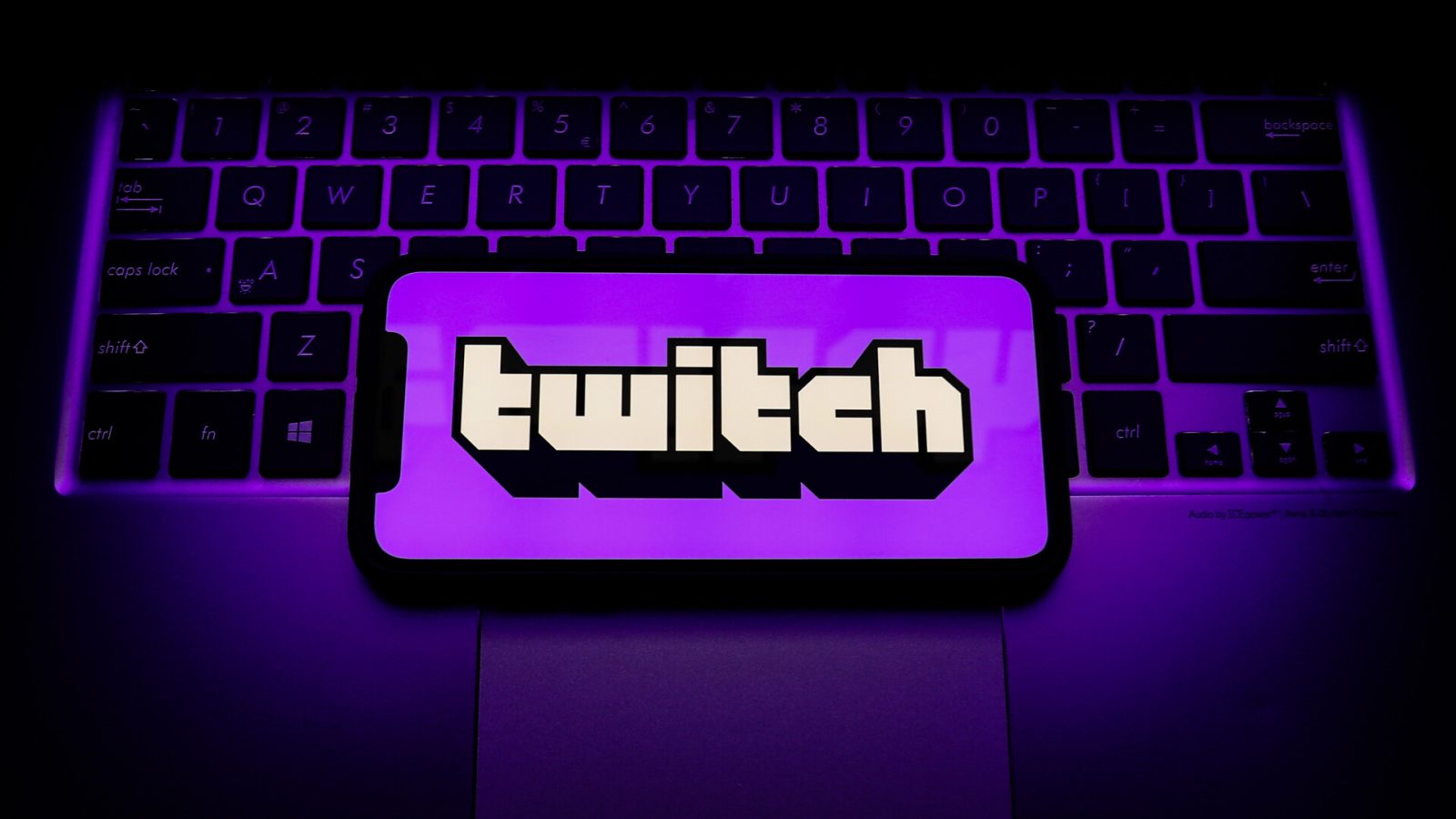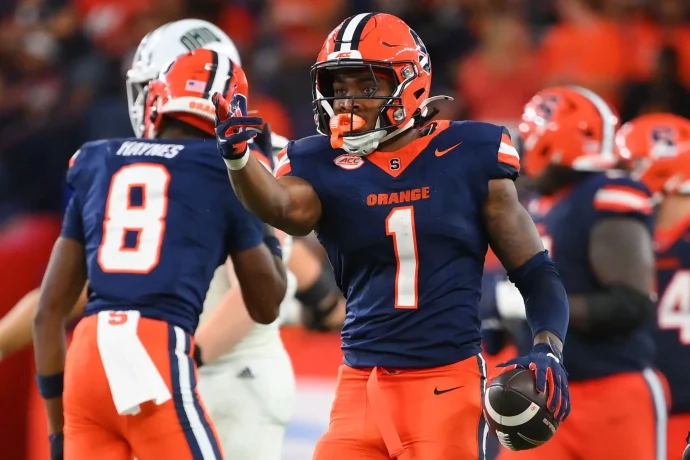Twitch has announced a new policy concerning gambling streams for the second time in just over a year. Both updates have addressed the advertising of offshore online gambling sites by streamers on the popular site.
In August 2021, Twitch restricted gambling links and affiliate codes on the platform. The hope was this would rein in the highly lucrative gambling streaming industry, dominated by unlicensed offshore sites. However, there was a simple workaround for streamers, who could link to or direct viewers to an external website with their affiliate codes.
The latest change goes a step further, prohibiting all slot, roulette, and dice gambling content from non-US operators. The policy will go into effect on October 18.
An update on gambling on Twitch. pic.twitter.com/lckNTY9Edo
— Twitch (@Twitch) September 20, 2022
The enormity of this decision cannot be understated.
Gambling Is Big Business On Twitch
As the Earnings+More Substack reported, “According to TwitchTracker, gambling is the 10th most popular type of content on the platform.”
And as Chris Krafcik noted in a recent EKG Line newsletter (sign up here), “Stake [one of the sites streamers are paid to advertise] pays some streamers—and rappers—“much more” than $1mm a month.”
These gambling sites do so well (and can dish out seven figures a month to top streamers) on Twitch because of the convergence of gambling, cryptocurrency, and influencers. All three of these appeal to a younger audience with a sizable overlap.
At the end of the day, most offshore gambling sites steer customers towards depositing and withdrawing in cryptocurrencies. And who better to drive young adults to offshore gambling sites than Twitch influencers?
With that amount of money on the line, it will be interesting to see if another workaround can be found. As I mentioned in my previous article about the August 2021 crackdown (linked above), the offshore industry is resilient and very good at adapting to changing conditions.
Is The Door Open For US Operators?
The crackdown raises two questions for licensed US operators:
- Can US online casino operators step in to fill the void?
- Is there room for sports betting streams (live sweats) on Twitch?
The Opportunity For Licensed U.S. Online Casino Operators
A significant hurdle that prevents US online casinos from stepping in is restricted access. Twitch streams are global, which is perfect for a site like Stake. But for a licensed US online casino, most viewers won’t have access to the casinos the streamers are using. By the same token, the streamer must be in the state the casino is licensed in to access the casino.
As a result, licensed casinos cannot pay the jaw-dropping sums offshore casinos are throwing at streamers with large audiences. Even if online casino gambling were legal in 20 states instead of six, it would be difficult to justify shelling out a million dollars per month on a single streamer.
And as the EKG Line points out, the difference between a local and global market is substantial. “To put it bluntly: sensible streamers betting their own money for $5 a spin is perhaps a touch less exciting than streaming personalities like Tyler “Trainwreck” Niknam winning jackpots of $14mm.”
That leaves licensed US casinos two options:
- Target lower-tier streamers who have smaller audiences.
- Build Twitch streams with homegrown talent.
Per EKG, a couple of companies are already trying option #2:
“Barstool looks to be the most prominent casino content streamer at present, utilizing its roster of personalities for slots and table game play. Over in NJ, Resorts is working with a legal market influencer team called the Slot Squad that has reportedly been effective. WynnBET has also dabbled in the space, announcing a deal with Livespins, a platform for betting behind casino streamers, though that partnership has not yet launched. BetMGM may also be one to watch since LeoVegas is the majority owner of casinogrounds.com, a platform for casino streaming.”
And here is what that Barstool content looks like:
“THAT’S HOW YOU DO IT”@barstoolWSD with a HUGE gut feeling on hard 10 pays off pic.twitter.com/KjfcmRPoyG
— Barstool iCasino (@BarstooliCasino) September 20, 2022
What About Sports Betting?
On the other hand, sports betting seems ready-made for Twitch streams. Sports betting is legal in some three-dozen US states, and most of the operators are global.
On the sports betting front, Barstool, already leading the way in US online casino streaming, has done “live sweats” for several years. There are copyright restrictions for televised games, but reaction channels on YouTube have managed to navigate that minefield for both music and movies – sometimes pointing viewers to Patreon channels where they can watch full-length reactions to movies by following along with their own copy.
The bottom line is this: the new Twitch policy presents an opportunity for licensed US operators. The question is, can they figure out a way to make it work financially?





